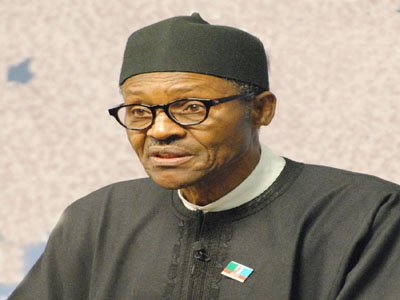
This past week, killer-herdsmen who have turned kidnapping into a far more lucrative occupation than tending cows struck deep in the Yoruba ancestral heartland on the Ife-Ibadan Highway. After he was released by his abductors following the payment of a hefty ransom, the OAU professor of surgery was as clear as he was unambiguous in his ethnic categorization of his captors.
Perhaps it has to do with the calibre of the captive and the possibility of prime human capital being wasted. The ethnic outrage and displeasure sparked by the abduction was unprecedented. For a people famous for their tolerance and capacity to absorb pain in the interest of the larger union, it was felt that the handshake had finally slipped towards the elbow. Many reasonable people are of the opinion that a section of the country has infected the rest with its social anomalies.
If care is not taken and the grave development persists, forces and voices of moderation will be pushed aside. It is only a question of time before ethnic separatism and dissolutionist forces gain popular acceptance and hallowed respectability as noble redeemers of their people fighting for the emancipation of a besieged race. Despite the loose talk about regional majority, the intellectual validation on which the APC’s current national ascendancy rests would have been significantly eroded.
Readers should therefore excuse the presence of certain heavy-duty words and concepts, particularly organogram, synergy and Lincolnian departures, in today’s column. They will be duly explained as the column unfolds. Suffice it to say that their very presence is an indication of the fierce urgency of the moment and an unhappy consciousness at the level of semantics.
There can be no doubt that to even broach the possibility of survival as a short-term prospect not to talk of benevolent longevity, the Nigerian post-colonial state is in urgent need of a serious make-over; a new organogram of governance at the national and sub-national levels and a Lincolnian departure from the current reflex hostility and inflexible antipathy to well-meaning opposition so detrimental to the possibility of genuine national cohesion.
As we observed in this column last week, it a great pity that so soon after a national election that was supposed to usher in a new era of peace, progress and prosperity for the nation, Nigeria has quickly reverted to is default setting of political acrimony, seething ethnic tension, religious intolerance and social banditry on a scale we have never witnessed before. Well before the inauguration and before our very eyes, the nation has become a roiling cauldron of political, ethnic, religious, social and regional tensions.
Even though it will be difficult if not outright impossible to wish away the ugly reality, this would have been the moment for a wise, visionary, newly elected or re-elected government to insinuate into national memory a powerful counter narrative and snippets from a new organogram of governance away from the monarchical lethargy and supine indolence of the immediate past; a new synergy of the federal cabinet to energize and expedite service delivery; and a new national project of vertical and horizontal integration of the Nigerian people to rehabilitate the injured of the land and the Nigerian post-colonial state in all its malignant perversities.
But rather than engage in this public relations blitz to recoup its embattled image, the government appears to have surrendered the initiative—and the narrative— to political adversity and adverse forces of national disintegration. The ruling party has so far refused to put its best foot forward, pandering to the same hegemonic hawks and divisive ethnic supremacists that almost sundered the party to its ethnic and regional particularities in its tempestuous first coming. It is as if nothing else matters as long as its core support is intact.
The coming months will show just how naïve and ill-informed that assumption is. The international community is listening in to the unfolding tragedy in Nigeria and wondering what monster child would be its progeny. Once the ruling party is allowed to disintegrate into its ethnic and regional components, it is going to be a free fall to state failure and complete national erasure.
Apart from the ugly nationalization of kidnapping, one can take random samples from three recent national developments in no particular order. First, it is obvious that despite the APC’s bravest efforts to impose order and cohesion on its choice of leadership of the National Assembly, there are certain centrifugal forces holding on to the party’s jugular in the National Assembly and refusing to let go of their quarry.
Unlike the first time around when the scheming was covert and clandestine until it eventuated in a disorderly rout of federal forces, this time around with the exit of contrary forces after rendering the government combat-ineffective for the entire duration of its first term, the gaming is open and fiercely confrontational with complicit party members as major accomplices.
At this rate, it is obvious that the APC is unlikely to cohere into an authentic and organic national party. And this at a time when some regional hegemonists are beginning to flex muscles about some phantom majority and ethnic exceptionalism? It doesn’t get more divisive than that.
This past week, in a dramatic escalation of a long-running feud with the Minister of Labour and Employment, Chris Ngige, elements of the Nigerian Labour Congress decided to picket his official residence. What began as a peaceful protest in very controversial circumstances quickly degenerated into a savage public brawl between the Labour people and Ngige’s private security. Battered and brutalised by superior force, Labour retreated with a few of its members ending in hospital. The week ended with Labour issuing a fatwa for Ngige’s scalp.
How can a dispute about federal public policy and the nomination of members to federal boards be allowed to fester for so long until it turned into a violent public confrontation? If the authorities feel that the venerable and iconic hero of the Labour movement in Nigeria, Frank Kokori, is ill-equipped and ill-qualified for the chairmanship of this particular board, why did they announce him as such in the first instance? What was Ngige’s own original input to the membership selection process of parastatals under his watch?
Whichever way one looks at this unfortunate incident, it speaks to a complete collapse of synergy and symmetry between the presidency and federal ministries. There does not seem to be anybody in charge and there is a free descent into official anarchy and governmental chaos.
The fact that days after this sorry drama, enacted before a national and international audience, the government has not deemed it fit to issue a statement, shows contempt for the norms of modern governance which is inconceivable and unimaginable in a functioning nation-state. This cannot be allowed to continue. It shows a fundamental lack of understanding about the way modern governments are run.
As if all this is not enough, Nasir el-Rufai, the controversial and feisty governor of Kaduna state, having purged the state chapter of his party of all truly progressive elements, journeyed to Lagos to give fillip and momentum to a local rebellion brewing and to advertise his party’s lack of internal discipline as well as the nature of the power struggle currently raging among its principal stakeholders.
In response to an obviously planted question, the psychologically flawed political despot from the capital named after crocodiles deliberately veered off the topic to zero in on the real casus belli that had brought him to Lagos. Even among godfathers, there are godfathers and ungodly political foundlings.
It would have been within his democratic rights as a free citizen of Nigeria for Nasir el-Rufai to pen for a national audience one of his usual agenda-laden treatises on the bane of godfatherism in Nigerian politics, particularly as it pertains to a section of the country and its perpetual elevation of accidental nonentities to national ascendancy.
But it is rich and hypocritical for a person who is a damning advertisement for anti-democratic godfatherism himself to obsess so frantically about godfathers in other lands. Nasir’s political hunting bag bristles and bulges with the scalps of former godfathers he has betrayed and routinely stabbed in the back. (Atiku, Obasanjo and Buhari) Only Umaru Yar’Ádua saw through his serpentine sorties and promptly banished him.
The Katsina nobleman and die-hard democrat probably got wind of a fascist manual co-authored by El-Rufia on how to sustain democratised feudalism in Nigeria. But Obasanjo, a proud Nigerian nationalist whatever his other faults, wisely sprang the trap leaving the busybody in the lurch. A political nobody who was unelectable until he nailed his mast with characteristic opportunism to General Buhari’s populist blitzkrieg can spare the nation his garbage about godfatherism.
The problem with many scions and spoilt brats of the oligarchy is that they are clinically conditioned to see Nigeria in terms of a feudal peonage of permanent patronage, preferment and unmerited placement. There are also many Nigerians who seek no placement or position but who desire the good of the nation unconditionally and unfailingly. When such Nigerians combine the authority of personal suffering for the nation with their unalloyed patriotism, the placemen must take a walk.
Having secured a second term, it is left to President Buhari to choose how he wants to be remembered by his compatriots. The speed and quality of reaction to what is an unfolding national security nightmare are less than assuring. Rather than asking Nigerians to continue to repose faith in tired and visibly exhausted military service chiefs, he ought to be seen giving a sneak preview of a new security organogram for combatting multi-purpose terrorism in the nation. A novel situation requires fresh, proactive thinking and not a jaded outreach to military barons itching to go home.
Given the configuration of contradictions, the manifest international threats from global terrorism and the vulnerabilities of the nation as an unsettled multi-ethnic conglomeration, President Buhari represents the last chance of preventing Nigeria from descending into ungovernable barbarity.
Faced with a similarly divided nation at a grave period in American history, good old Abe Lincoln opted for a warm embrace of his political adversaries. A major dividend was the outstandingly talented William Henry Seward who as Secretary of State bought Alaska off the hardy Russians for a mere pittance. This is what is meant by a Lincolnian departure.
Nigeria is facing a scary national emergency and given his military background and expertise in internal security operations, many Nigerians rooted for the retired general despite his many foibles as a final fling at saving the nation from dissolving into atomistic enclaves of bloodthirsty warlords. In seeking for solutions, the president must cast his net far and wide and avoid the primordial proclivities which hobbled his first tenure.
The coming weeks will indicate whether the retired general has taken the lessons of his experience as a civilian ruler of a troubled nation to heart. Nigerians will be on the lookout for a new security architecture for the nation, an organogram which restructures the current unwieldy and unproductive governance structure at the federal level particularly the chaotic amalgam of proliferating ministries and a new synergy which drives the implementation of federal policies.
For starters, the president should revisit some ideas first mooted in this column on his first coming. First for an ethnically, socially and religiously polarized nation, there ought to be a national commission for the vertical and horizontal integration of Nigerians which will take a holistic and proactive look at the bitter divisions in the land and the historic and economic factors fuelling them.
Second, in view of the demographic nightmare unfolding, there ought to be a National Youth Empowerment Scheme which reins in the errant, misdirected energy of Nigerian youth and their bitter disenchantment with the nation. We must stop tackling symptoms and go for the real ailment. Whatever President Buhari decides to do, there are grave consequences in the horizon. Nigeria is too precious a gift to the Black race to be allowed to go under just like this.
You may be interested

AFCON 2025Q: Benin Republic Hit By Another Injury Blow
Webby - November 13, 2024Benin Republic will be without two more players for their 2025 Africa Cup of Nations qualifying matches against Nigeria and…

Dier Set To Depart Bayern In Summer
Webby - November 13, 2024Eric Dier is likely to leave Bayern Munich at the end of the season according to transfer expert and Sky…

‘I Want More’ — Dessers Declares After Scoring 10th Goal For Rangers
Webby - November 12, 2024Cyriel Dessers is eager to score more goals for Scottish Premiership club Rangers.The striker has been in impressive form for…










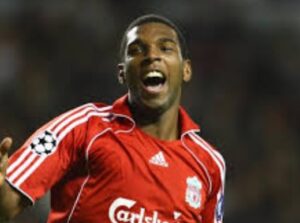
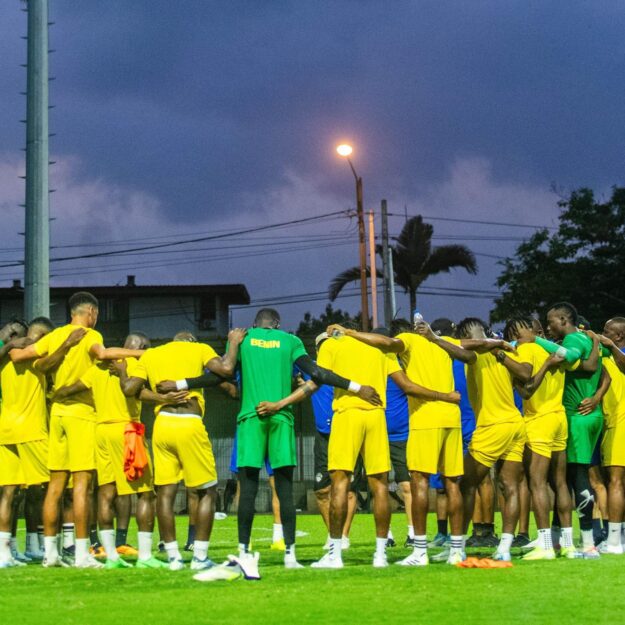


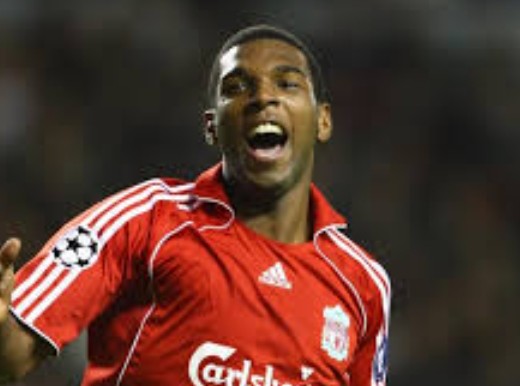
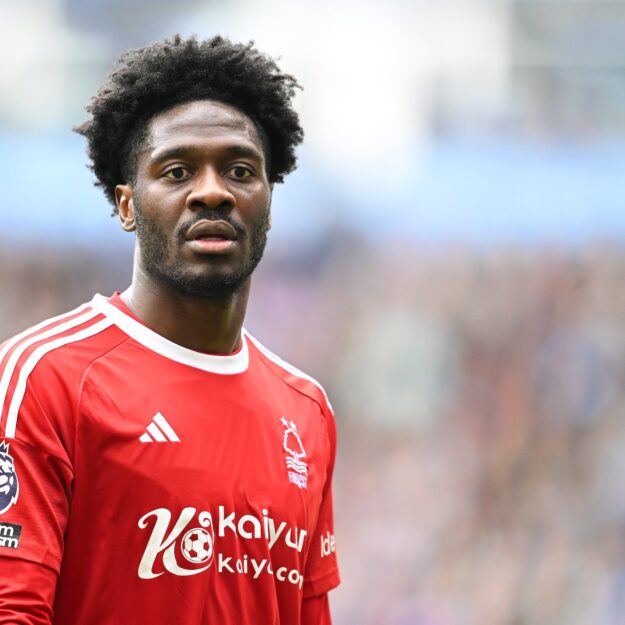


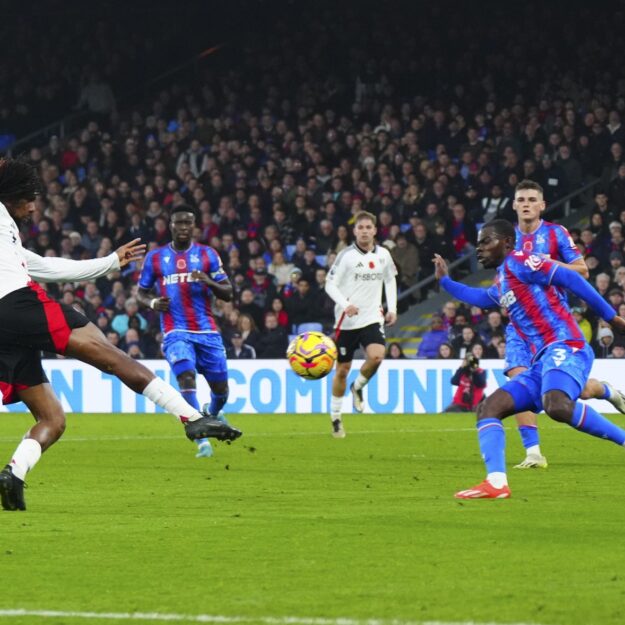


![American Pastor, David Wilson Seen Eating The Box Of Woman Who Isn’t His Wife [Video]](https://onlinenigeria.com/wp-content/uploads/2019/10/american-pastor-david-wilson-seen-eating-the-box-of-woman-who-isnt-his-wife-video-150x150.jpg)









